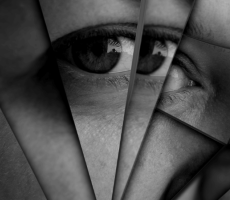Lie: Christians are sinners saved by grace.
Truth: Christians are saints who have sin.
This is a stark divide. Who are we – saints or sinners? We can’t possibly be both, can we? To get right to the heart of the matter, the real question is: do we have an un-eradicable, sinful nature carried over essentially unchanged from our state of unbelief? In other words, are we as Christians still essentially, in our hearts, sinful by nature? Can we get our theology straight on this?









